Tweet #Rightways
Indo-Pacific: AUKUS alliance causes anger in France and EU | DW News
China and France criticise UK-US-Australia submarine pact
A Royal Australian Navy submarine is seen during a drill with the Indian Navy in Darwin on September 5. Australia is buying a fleet of nuclear submarines as part of a new defence pact. Photo: TNS
The new US security pact with Australia and Britain shows Biden’s approach in building overlapping alliances and partnerships in dealing with its China challenge
THE empire strikes back. So it seemed as United States President Joe Biden announced recently at a press conference attended virtually by Australian Prime Minister Scott Morrison and his British counterpart Boris Johnson, the conclusion of a new military and security agreement between their three nations.
The agreement smacks of the old “Anglo” arrangements made a century ago between what used to be called the “Mother Country” and two of her major English-speaking siblings. And President Biden’s jovial reference during the latest press conference to the Australian Premier as “that fellow Down Under” only heightened the “retro” feel of the entire enterprise.
But appearances can be deceiving, and what may look and sound like a blast from the past could well turn out to be a major pointer of the world of tomorrow. For there is little doubt that the new Aukus arrangement – as this pact is rather ungainly called – is already being rated as a fundamental step change in Asian and, perhaps, even global security structures.
Professor Rory Metcalf of the Australian National University and one of his country’s most prominent strategic experts, is not a man known to exaggerate. But on this occasion, no exaggeration seemed too much: Australia, he wrote after the Aukus deal was announced, “has crossed a strategic Rubicon, bitten the bullet, nailed its colours to the mast”. In short, no expression, however grand or over-used, is out of place in expressing the significance of the new deal.
French fury over subs deal
Following the announcement, most of the attention concentrated on the impact of the Aukus agreement on Australia’s existing contract with France for the delivery of a new generation of conventional, diesel electric powered submarines. That deal has been cancelled and will be replaced with the supply of nuclear-powered submarines based on Us-developed technology.
The French were predictably apoplectic at the loss of a contract for the construction of 12 Barracuda submarines, a mega deal worth at least Us$88bil in today’s prices, and a critical part of France’s struggle to maintain an indigenous naval industry.
Officials in Paris were particularly indignant about being kept in the dark by the Australians about their negotiations for a nuclear submarine replacement deal. French Foreign Minister Jean-yves Le Drian called the entire episode a “stab in the back”; junior politicians in Paris have used even more colourful language, and French officials have been steeling themselves for a prolonged legal battle with Australia over what they claim is a broken contract.
As is often the case with military deals which contain many confidential clauses, the conclusion may well be that both sides to the dispute are right.
The French may be correct to point out that Australia could have gone for the purchase of nuclear submarines back in 2016, when the initial deal was signed. It was Canberra that insisted on the diesel variety partly because the anti-nuclear mood was strong among Australians then, and one of the chief attractions of picking France’s Barracuda submarines at that time was precisely the fact that the submarines could be switched from diesel to nuclear power. So, it looks odd that the Australians are now ditching a French contract by arguing that it does not offer them the technology which they could have had from the start, but rejected.
However, the Australians may also be right in claiming that the French submarine project is both behind schedule and more than double the initial budget, and that the promises initially made by Paris to transfer 90% of the work to shipyards in Adelaide were subsequently whittled down to not more than half of the construction capacity, thereby failing to create the national Australian submarine manufacturing capability which Canberra craved.
But all these arguments, although weighty, are marginal. For what persuaded the Australian government to go for the deal was the unique access it offers to the technology which no other nation has, apart from the US and the United Kingdom.
Only six nations in the world have nuclear-powered submarines: Britain, China, France, India, Russia and the US. The Americans have never shared their technology with any other country apart from Britain, and even that technology-sharing deal was concluded back in the late 1950s.
There is no question, therefore, about the significance of the latest agreement for Australia. A senior American official who briefed the media about the Aukus deal on condition of anonymity underlined the “very rare” nature of the arrangement and the “extremely sensitive” technology that will be shared.
“This is, frankly, an exception to our policy in many respects. I do not anticipate that this will be undertaken in any other circumstances going forward; we view this as a one-off,” he told journalists.
The French were wondering why they were not offered a part in one shape or another in this Australia-britain-us triumvirate. The answer is quite simple and, of course, fully known in Paris.
The French have spent decades trying to develop technologies which are independent from the US and offered as alternatives to American platforms. President Emmanuel Macron uses every opportunity to urge the rest of Europe to develop “strategic autonomy” from the US. It should come as no surprise, therefore, that the Americans are taking France at its word and propose to respect French “autonomy” by excluding it from sensitive military projects.
The Five Eyes
In reality, the Aukus deal builds on almost 80 years of intelligence cooperation within the so-called Five Eyes arrangement in which the Australians, Brits and Americans are also joined by New Zealanders and Canadians. The unique flow of classified information between them served as not only the foundation for the current deal, but also the basis for common threat assessment.
Australia has decided that it needs nuclear-powered submarines because they are stealthier and can endure far longer periods submerged, but also because the submarine deal is a curtain-raiser to something far bigger: the development and transfer of technology with the Americans and British involving a variety of other fields, including cyber, artificial intelligence and quantum technology.
Furthermore, senior US officials are now talking about setting up “a new architecture of meetings and engagements” between relevant defence and technology teams from the three countries which will not only identify joint areas of research and development, but also promote “deeper interoperability” across the entire spectrum of a future battlefield. This is, to all intents and purposes, a new alliance.
And the longer-term political ramifications are just as substantial.
In a 30-minute phone call on Wednesday, the French and US presidents agreed to try to find a way forward and will meet in Europe at the end of next month.
But there is no doubt that the conclusion of the Aukus deal marginalises Europe. The Europeans have spent the past 18 months proclaiming their desire to elaborate a new policy towards the Indopacific region, and particularly towards China, one which will supposedly entail both a “critical engagement with China” and a friendly engagement with the US.
Yet when the chips were down, the only European partner the US was interested in enlisting was Britain. The fact that the announcement of the Aukus deal came literally hours before the European Union unveiled its own Asia policy paper only added to the continent’s sense of marginalisation.
The deal with Australia is also a huge boon for British PM Johnson. He was castigated for pulling Britain out of the EU, something which supposedly made his country irrelevant. But the Aukus pact seems to confirm Johnson’s claims that out of the EU, the Brits have plenty of global engagement alternatives. The deal with Australia also demolishes the argument that the Johnson government is not taken seriously in Washington.
The Aukus deal also ensures that Britain’s existing intelligence and technology cooperation links with the US are now being recast as part of a global effort to keep up with the perceived Chinese threat, a useful advantage for the British, who often fretted that, with the old confrontation against Russia now less important, the US would lose interest in cooperation with them.
America’s China strategy
But the most significant aspect is what the Aukus deal tells us about America’s long-term strategy on China.
For years, the discussion in many world capitals was about the feasibility of creating a broad, global Us-led coalition to contain China, one which includes most Asian countries, and mimics the Nato alliance in Europe during the Cold War. But that was never feasible in Asia, and probably was never even considered in Washington.
Instead, what President Biden is seeking to promote is several more restricted alliance and partnership arrangements, some overlapping and some complementing each other. The Quad is one such arrangement, the Aukus another, and there will be others in the offing.
The approach has the advantage of enhancing the existing hub-andspokes arrangements whereby the US is crucial to every single regional arrangement but is not presiding over a uniform region-wide alliance.
The overlapping nature of these arrangements is intended to increase the cost which China may have to pay in any future confrontation, but at the same time does not isolate the Chinese or condemn the region to a Cold War-style confrontation. Still, the Aukus military pact is not without its own potential difficulties.
The fact that it is seen as a public rebuff of France and of the EU is decidedly unhelpful. The US needs EU cooperation in Asia, and particularly French cooperation. Next to the British, the French have the most capable European military force, and the only one apart from the British with true long-range expeditionary capabilities. France is also a Pacific power: It has two million citizens in the region.
So, urgent steps must be taken to include France in any future regional projects.
Because of its privileged and exclusive nature, the Aukus deal can also create tensions with other US allies such as Japan and South Korea, which may wish to get similar technology-sharing deals.
So, it’s better if, after the initial publicity splash, the Aukus copies the example of America’s nuclear submarines and dives into the depth of secrecy, never to be talked of again. Most of its added value is by working behind the scenes.
There will also be political difficulties. Critics in Australia will claim that their country is losing its independence by getting too close to the US. And critics in Britain – including former prime minister Theresa May – are already warning that the Aukus deal makes the British too dependent on US policy towards China, with potentially grave consequences.
Still, none of this detracts from the conclusion that, in seeking to counter China, the US has lost none of its ability to innovate and surprise. And decision-makers in Beijing would be well advised to reflect on how their own actions of condemning Australia, boycotting Australian goods and, more recently, presenting a set of humiliating conditions to the Australians as a precondition for the restoration of normal relations have contributed to the creation of the Aukus alliance.
Far from achieving what Beijing would regard as Canberra’s “good behaviour”, the pressures have resulted in an Australia which will be better armed and more closely aligned with the US, precisely the outcome China sought to avoid.
Jonathan Eyal is the Europe correspondent at The Straits Times, a member of the Asia News Network (ANN), which is an alliance of 24 news media entities. The Asian Editors Circle is a series of commentaries by editors and contributors of ANN.
Source link
Related:
https://www.thestar.com.my/aseanplus/aseanplus-news/2021/09/27/australian-aukus-subs-are-chinas-fears-of-a-nuclear-arms-race-in-the-indo-pacific-founded

From this issue

26 Sep 2021
Read entire issue
Why AUKUS, Quad and Five Eyes anger China
The declared aim of a new defense agreement comprising the U.S., U.K. and Australia, christened AUKUS, is to maintain a “free and open IndoPacific,” with nuclearpowered submarines potentially on patrol. But you can add it to the list of arrangements among democracies attempting to counter China’s growing power. The so-called Quad partnership, created after the devastating 2004 Indian Ocean tsunami, and even the World War II-era “Five Eyes” spy alliance now seem overwhelmingly focused on Beijing. The growing web has provoked fury from Beijing and worries in some Asian states that the new groupings could fuel a dangerous arms race in the region.
Q: Q:What is AUKUS?
A: A:A new security partnership that will see Australia acquire nuclearpowered submarine technology – but not nuclear weapons – from the U.S. and U.K. While it could take more than a decade for Australia to build its first sub, the agreement shows the U.S. seeking to form a more cohesive defense arrangement in Asia to offset China’s rapidly modernizing military. Australia has long tried to balance security ties with the U.S. and its close economic ties with China, insisting it didn’t need to pick sides. But Beijing’s barrage of punitive trade reprisals following Prime Minister Scott Morrison’s push for an investigation into the origins of the Covid-19 pandemic appears to have drastically changed the strategic calculus in Canberra.
Q: Q:Why are the submarines important?
A: A:Nuclear-powered vessels are vastly superior to their diesel-electric counterparts: They’re faster, can stay submerged almost indefinitely, and are bigger – allowing them to carry more weapons, equipment and supplies. Given Australia’s remote location and the fact its subs may operate in waters stretching from the Indian Ocean up to Japan, these are big pluses. Until now, only six nations – the U.S., U.K., France, China, Russia and India – have had the technology to deploy and operate nuclear-powered subs. France was enraged by the Aukus deal, which came as a surprise, because Australia simultaneously canceled a $66 billion agreement it had had with Paris for conventional subs.
Q: Q:What’s the Quad?
A: A:It brings the U.S., Japan, India and Australia together in an informal alliance of democracies with shared economic and security interests that span the Pacific and Indian Oceans. Formed to coordinate tsunami relief efforts, it lay dormant for years afterward until 2017, when it was revived under then-U.S. President Donald Trump as his administration sought to challenge China from every angle. Trump’s successor, Joe Biden, organized the first-ever gathering of the Quad leaders in March, at which they pledged to accelerate production of Covid-19 vaccines and distribute them across Asia. Although their statement doesn’t mention China, the talks came amid a flurry of U.S. diplomacy designed to build a common approach to dealing with Beijing.
Q: Q:What’s Five Eyes?
A: A:It’s a decades-old intelligence-sharing arrangement among the U.S., the U.K., Canada, Australia and New Zealand. It’s so good at keeping secrets that its existence wasn’t publicly revealed until the mid-2000s. It isn’t clear how much intelligence is shared, but most of whistle-blower Edward Snowden’s vast 2013 dump of classified U.S. National Security Agency data, for instance, was marked FVEY, meaning it was available to other Five Eyes members. Advocates say the collaboration was used to positive effect in the Afghanistan war as well as in counter-terrorism operations in the Philippines and East Africa. Snowden attacked it as unanswerable to democratic oversight by national governments. Cracks emerged this year over China, when New Zealand distanced itself from moves to broaden the group’s remit and take positions on issues such as Beijing’s human rights record.
Q: Q:Why so much focus on China?
A: A:Its rise has steadily become one of the biggest foreign policy challenges not just for the U.S., but for almost every Chinese neighbor and democracies around the world. China’s rapid military development is a particularly acute threat to neighboring countries such as India and the Philippines, which have active maritime or border disputes. But it also threatens the U.S. military presence that has underpinned Asia’s security architecture for decades. Researchers at the University of Sydney, for example, warned last year that China’s growing missile arsenal could wipe out America’s bases in Asia during the “opening hours” of any conflict. China’s global economic reach has also greatly expanded as state-owned companies buy up strategic assets such as ports around the world that could be harnessed in times of war. Its statecraft – spearheaded by “wolf warrior” diplomats – has also grown more aggressive, particularly throughout the Covid pandemic.
Q: Q:What’s China’s reaction?
A: A:It has consistently lashed out at what it calls a “Cold War mentality,” denouncing such partnerships as anti-China cliques. Chinese officials argued that Aukus will stoke an arms race in the Asia-Pacific region. In their view, its members are trying not just to compete, but to contain China’s rise – to throw a military net around it in vital waterways like the South China Sea and undermine the country’s economic development. Relations have been getting tenser on all sides. Biden, like Trump, has trained his energies on preventing the world’s second-largest economy from pulling ahead. Beijing also has sparred with the U.K. over Hong Kong and Canada over detained citizens, while Europe has called China a “systemic rival.”
US-Australia nuclear arms deal
On September 15, the heads of government of Australia, the United Kingdom and the United States announced the formation of AUKUS, “a new enhanced trilateral security partnership” among these three countries. Australian Prime Minister Scott Morrison and British Prime Minister Boris Johnson joined US President Joe Biden to “preserve security and stability in the Indo-Pacific,” as Johnson put it.
While China was not explicitly mentioned by these leaders at the AUKUS announcement, it is generally assumed that countering China is the unstated motivation for the new partnership. “The future of the Indo-Pacific,” said Morrison at the press conference, “will impact all our futures.” That was as far as they would go to address the elephant in the room.
Zhao Lijian of the Chinese Foreign Ministry associated the creation of AUKUS with “the outdated Cold War zerosum mentality and narrow-minded geopolitical perception.” Beijing has made it clear that all talk of security in the IndoPacific region by the US and its NATO allies is part of an attempt to build up military pressure against China. The BBC story on the pact made this clear in its headline: “Aukus: UK, US and Australia launch pact to counter China.”
What was the need for a new partnership when there are already several such security platforms in place? Morrison acknowledged this in his remarks at the press conference, mentioning the “growing network of partnerships” that include the Quad security pact (Australia, India, Japan and the United States) and the Five Eyes intelligence-sharing group (Australia, Canada, New Zealand, the UK and the United States).
A closer look at AUKUS suggests that this deal has less to do with military security and more to do with arms deals.
Morrison announced that the “first major initiative of AUKUS will be to deliver a nuclear-powered submarine fleet for Australia.” Two red flags were immediately raised: first, what will happen to Australia’s pre-existing order of diesel-powered submarines from France, and second, will this sale of nuclear-powered submarines violate the nuclear Non-Proliferation Treaty (NPT)?
In 2016, the Australian government made a deal with France’s Naval Group (formerly known as Direction des Constructions Navales, or DCNS) to supply the country with 12 diesel-electric submarines.
A press release from then-prime minister Malcolm Turnbull and his minister of defense (who is the current minister of foreign affairs), Marise Payne, said at the time that the future submarine project “is the largest and most complex defense acquisition Australia has ever undertaken. It will be a vital part of our defense capability well into the middle of this century.”
Australia’s six Collins-class submarines are expected to be decommissioned in the 2030s, and the submarines that were supposed to be supplied by France were meant to replace them. The arms deal was slated to cost (in Australian dollars) “about $90 billion to build and $145 billion to maintain over their life cycle,” according to The Sydney Morning Herald.
Australia has now canceled its deal with the French to obtain the nuclear-powered submarines. These new submarines will likely be built either in the US by Electric Boat, a subdivision of General Dynamics, and Newport News Shipbuilding, a subdivision of Huntington Ingalls Industries, or in the UK by BAE Systems; BAE Systems has already benefited from several major submarine deals.
The AUKUS deal to provide submarines to Australia will be far more expensive, given that these are nuclear submarines, and it will draw Australia to rely more deeply upon the UK and US arms manufacturers.
France was furious about the submarine deal, with Foreign Minister Jean-Yves Le Drian calling it a “regrettable decision” that should advance the cause of “European strategic autonomy” from the United States.
US rules out adding India or Japan to AUKUS pact
Washington, Sept. 23: The United States has ruled out adding India or Japan to the new trilateral security partnership with Australia and Britain to meet the challenges of the 21st century in the strategic Indo-Pacific region. On September 15, US President Joe Biden, Australian PM Scott Morrison and British PM Boris Johnson jointly announced the formation of the trilateral security alliance AUKUS under which Australia would get a fleet of nuclear-powered submarines for the first time.
“The announcement of AUKUS last week was not meant to be an indication, and I think this is the message the President also sent to (French President Emmanuel) Macron, that there is no one else who will be involved in security in the Indo-Pacific,” White House press secretary Jen Psaki told reporters at her daily briefing on Wednesday.
Ms Psaki was responding to a question if countries like India and Japan whose leaders would be in Washington this week for the first in-person Quad summit would be made part of the new security alliance.
“On Friday you’ll have the Australians there (for the Quad summit). But then you also have India and Japan. Would you envision for them a similar kind of military role that you’ve now defined for the
Australians?” a journalist asked.
“AUKUS? What would it become? JAUKUS? JAIAUKUS?” Ms Psaki then quipped, before giving an answer to the question. The trilateral security alliance AUKUS, seen as an effort to counter China in the IndoPacific, will allow the US and the UK to provide Australia with the technology to develop nuclear-powered submarines for the first time. China has sharply criticised the trilateral alliance, saying such an
exclusive grouping has no future and will gravely undermine regional stability and aggravate the arms race and hurt international non-proliferation efforts.
The move also angered France, an European ally of the US, which said it had been “stabbed in the back” and publicly voiced its outrage at the AUKUS alliance. It recalled its ambassadors to the US and Australia after the AUKUS security deal was announced.
From this issue
24 Sep 2021
Read entire issue
Source link
Related posts
AUKUS: a blunder follows a mega mess – New Age: US president Joe Biden speaks on national security with British prime minister Boris Joh…
` ` MAN and nature are running out of time. That’s the core message of the UN Inter-governmental Panel on Climate Change
…

Moral vacuum at the heart of modernity, now embodied in US laws!
` In short, historically it was the Church that gave the moral blessing for colonisation, slavery and genocide during the Age of Globalisation. The tragedy is that the Doctrine of Discovery is now embodied in US laws.










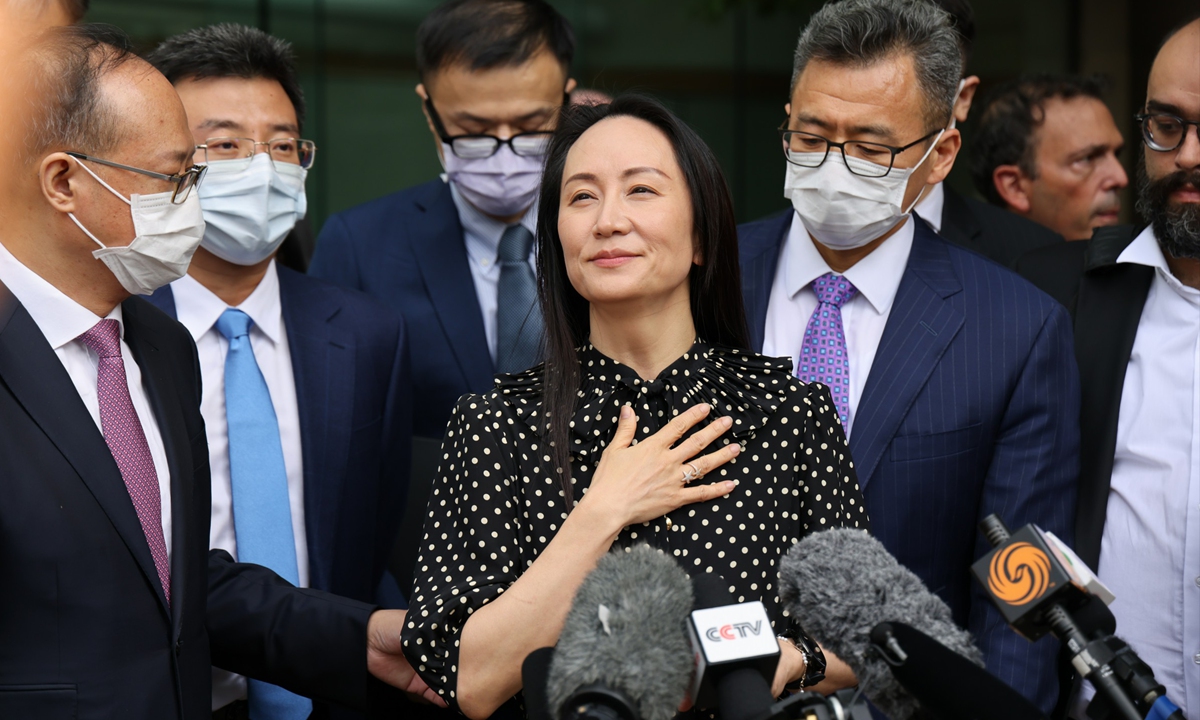
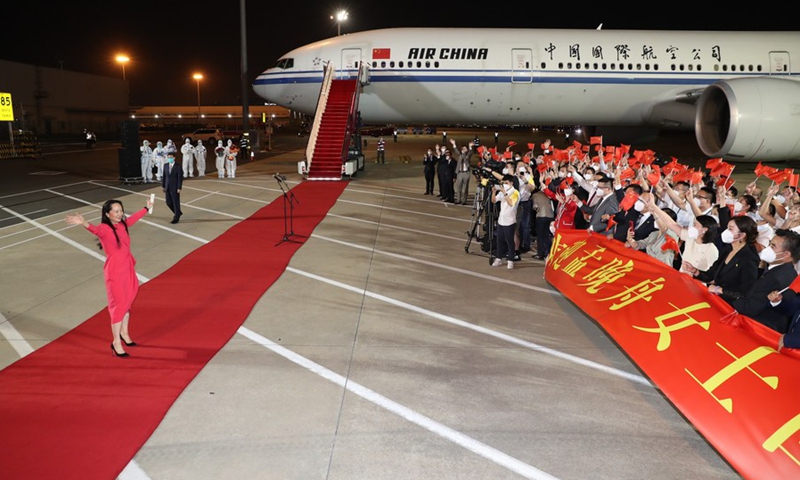
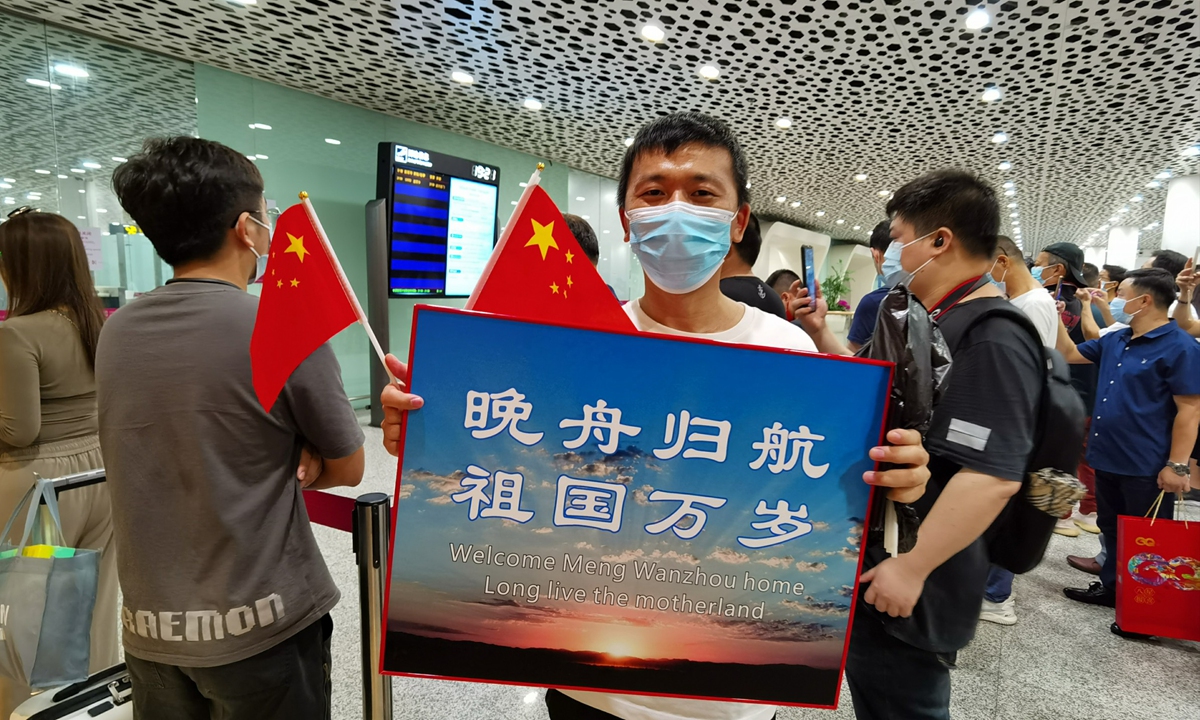
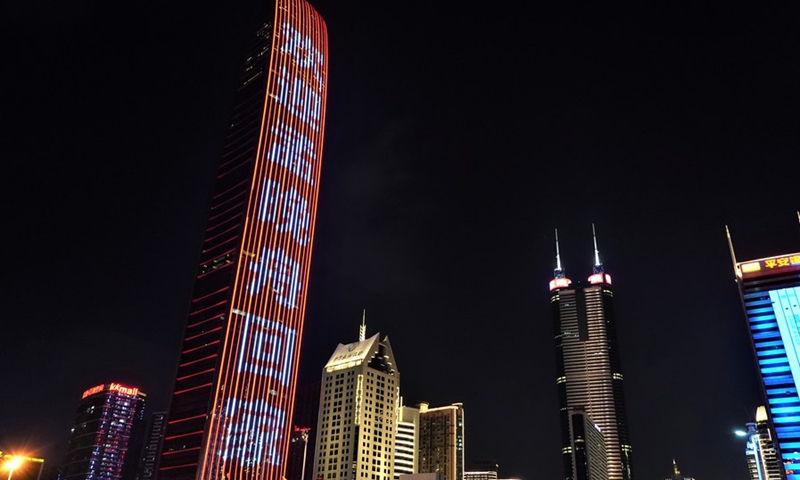

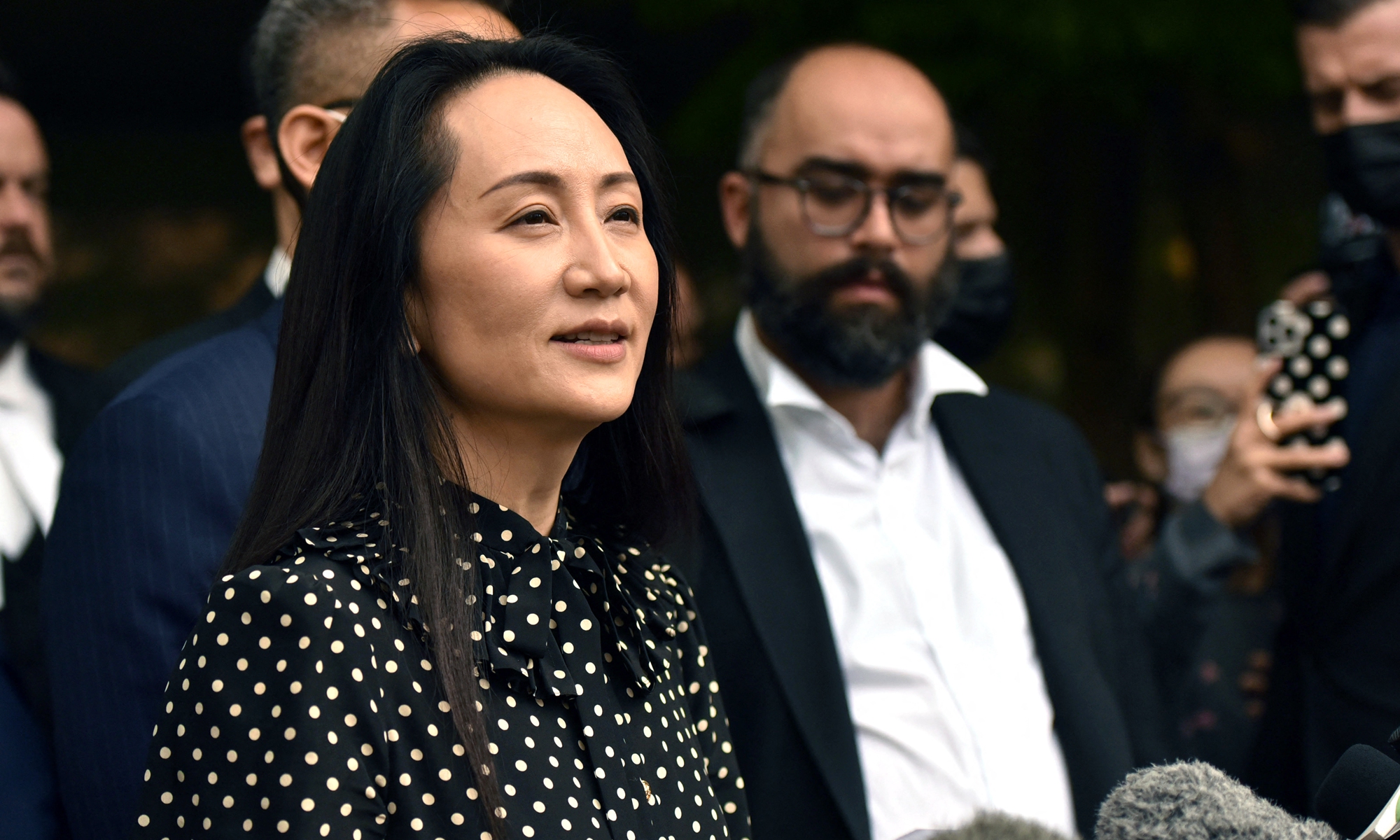
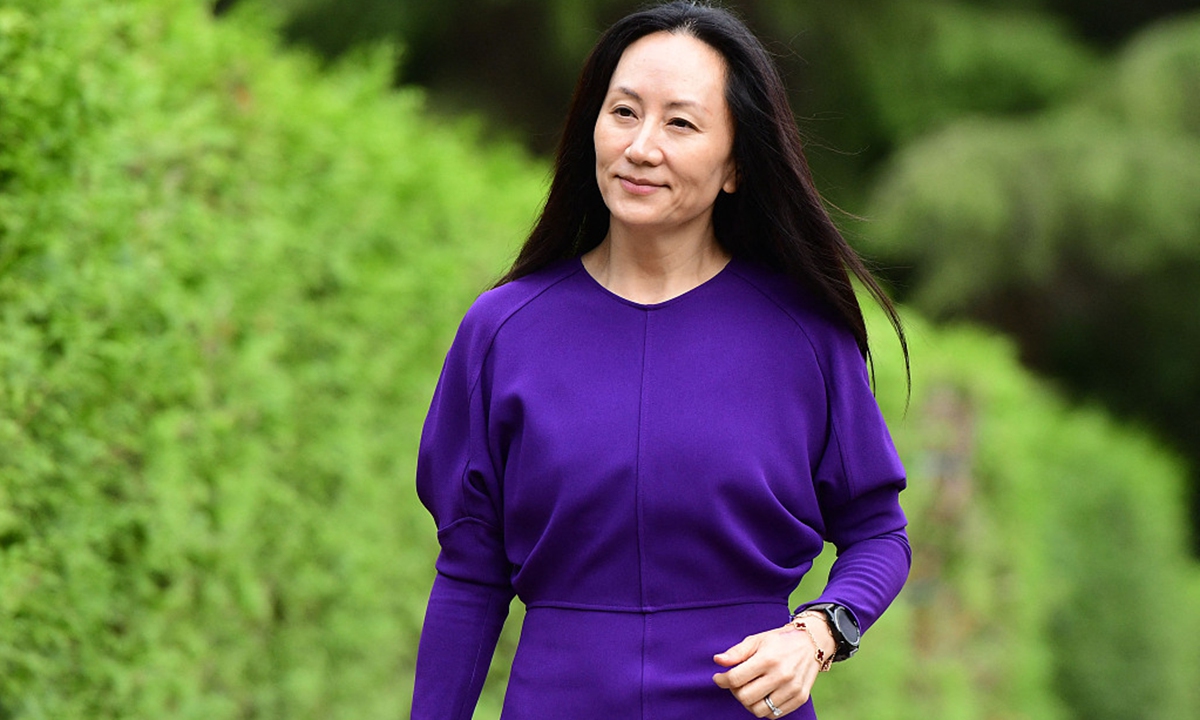
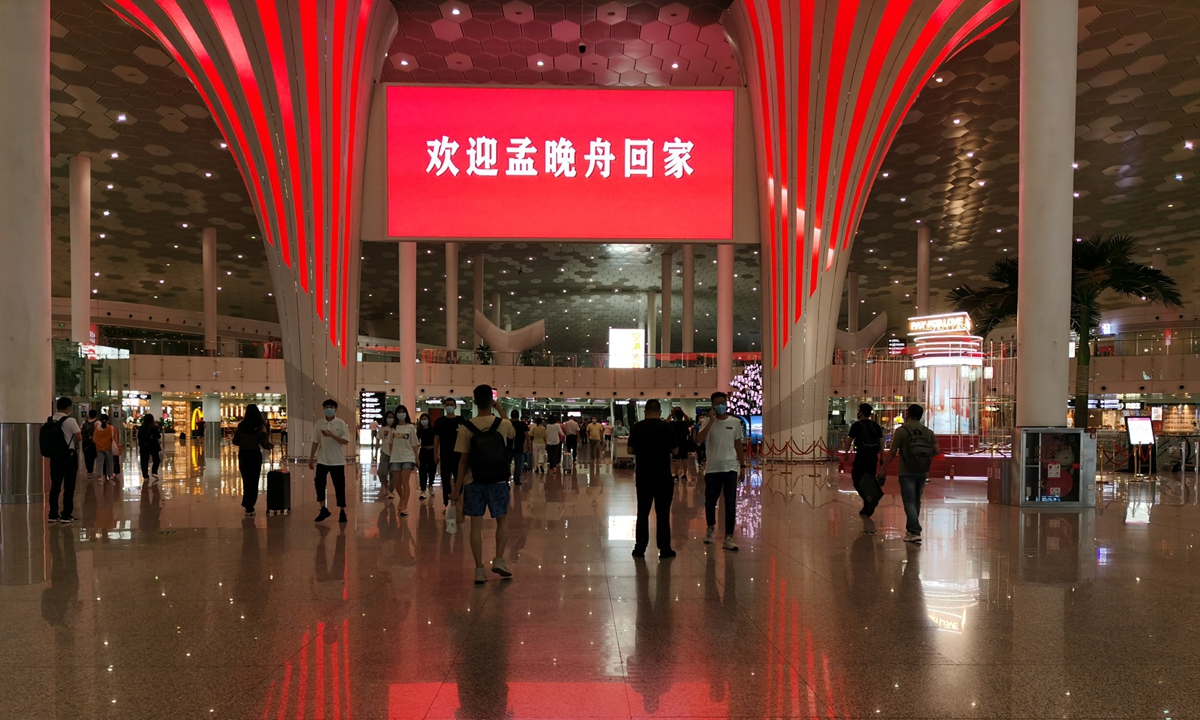


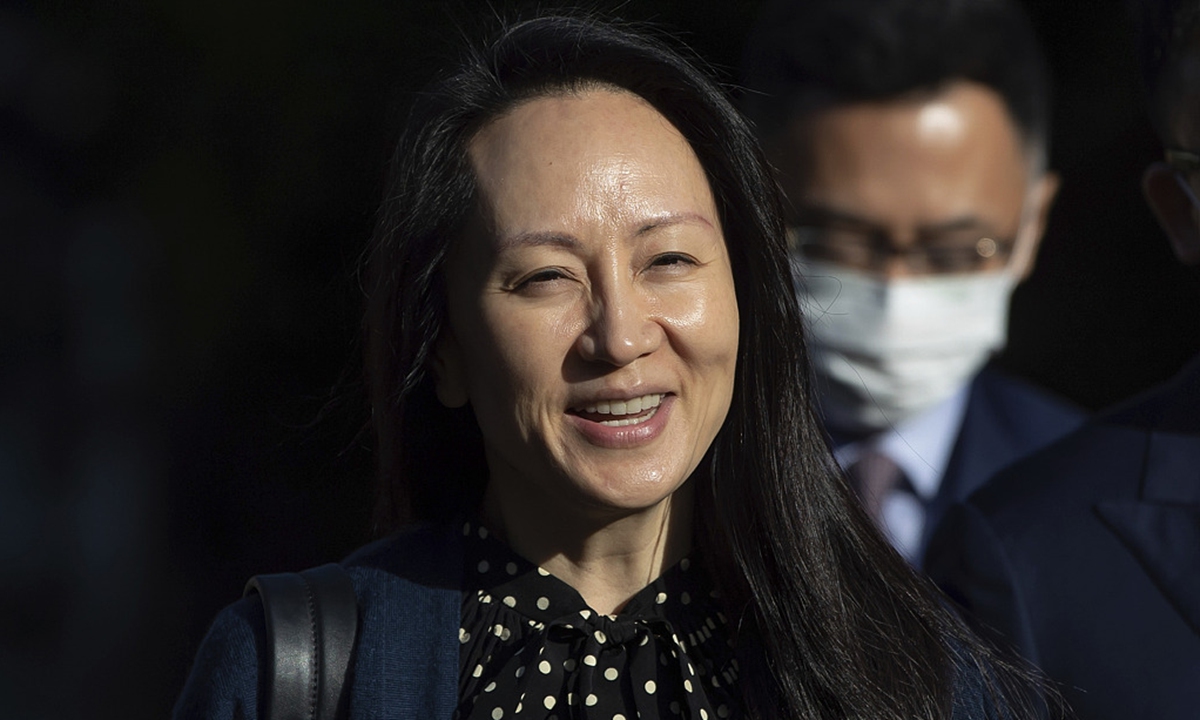


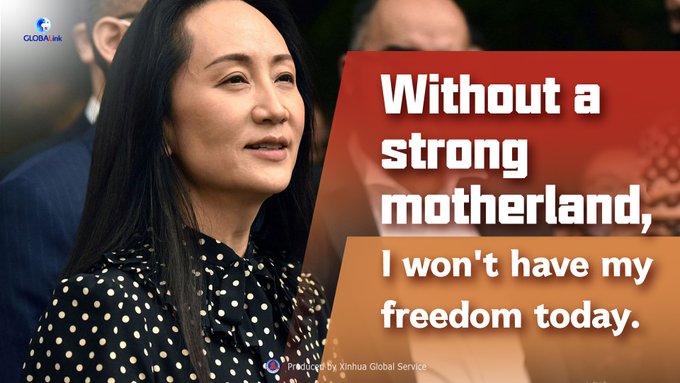









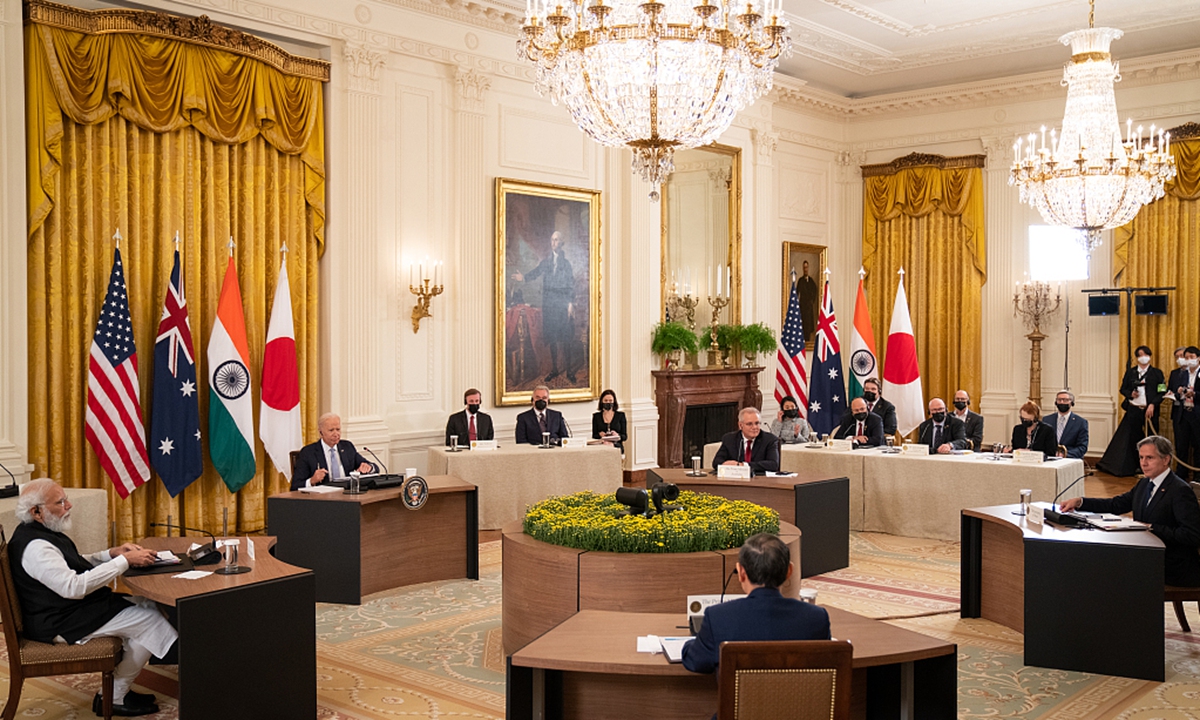
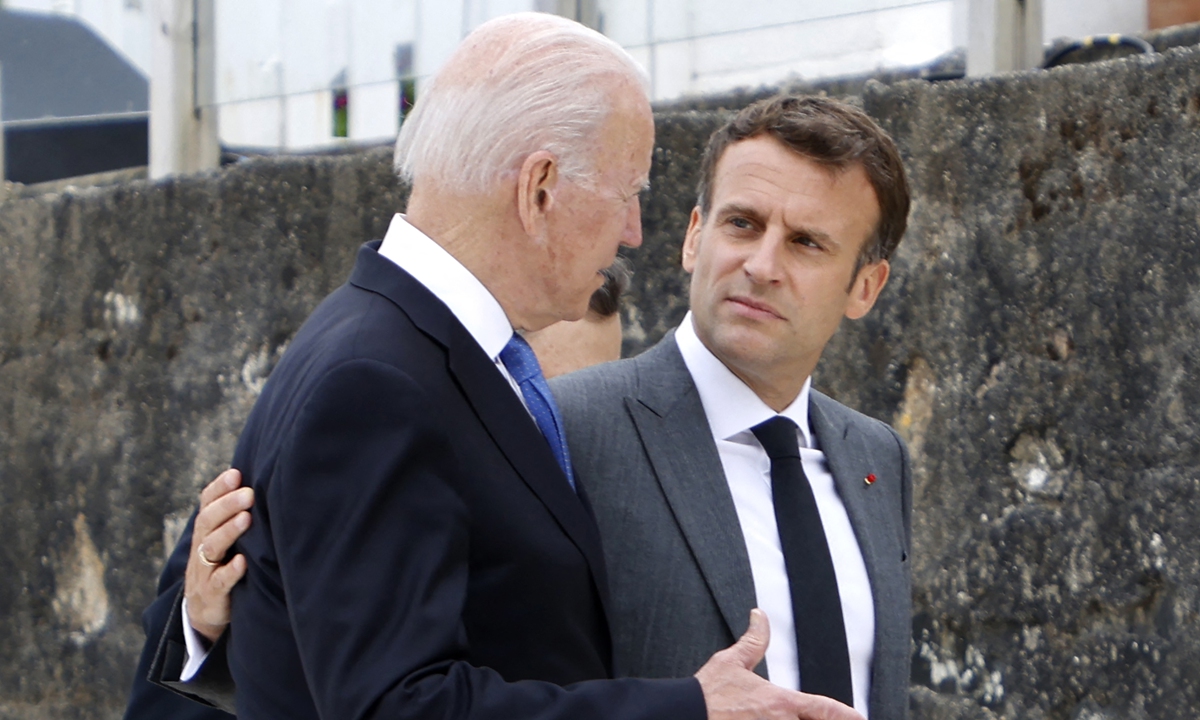 Furious Paris calls scrapped deal a ‘stab in the back’Biden, Macron discuss sub row
Furious Paris calls scrapped deal a ‘stab in the back’Biden, Macron discuss sub row 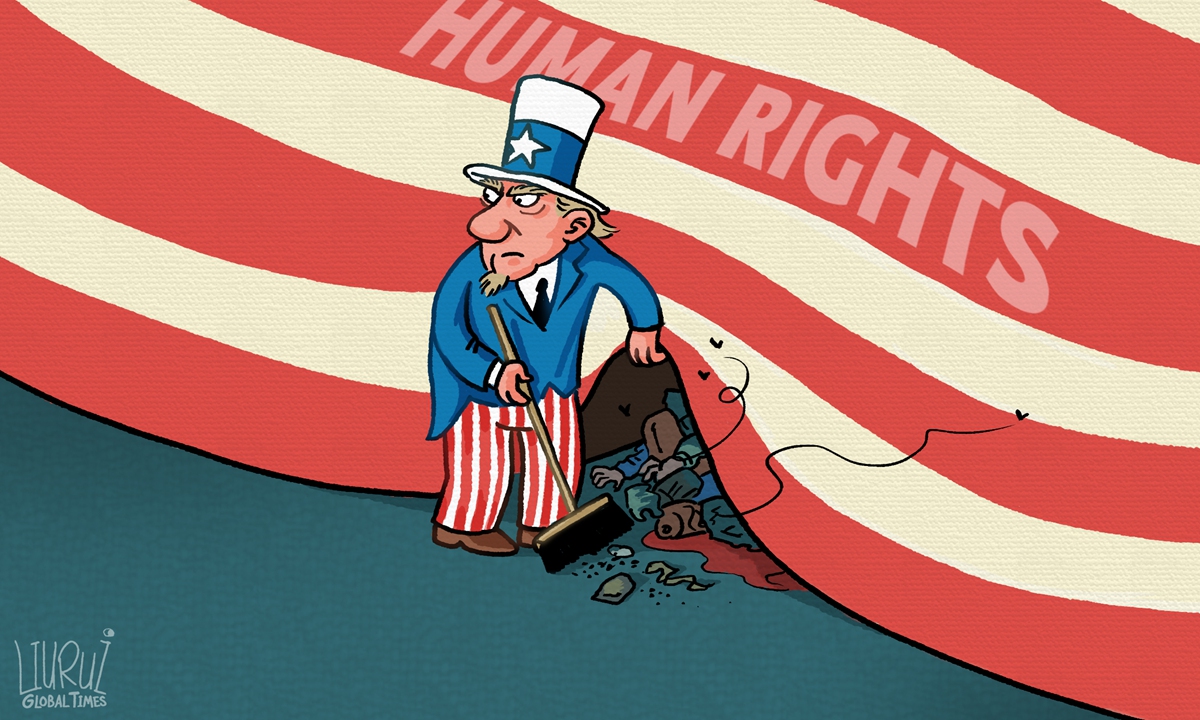
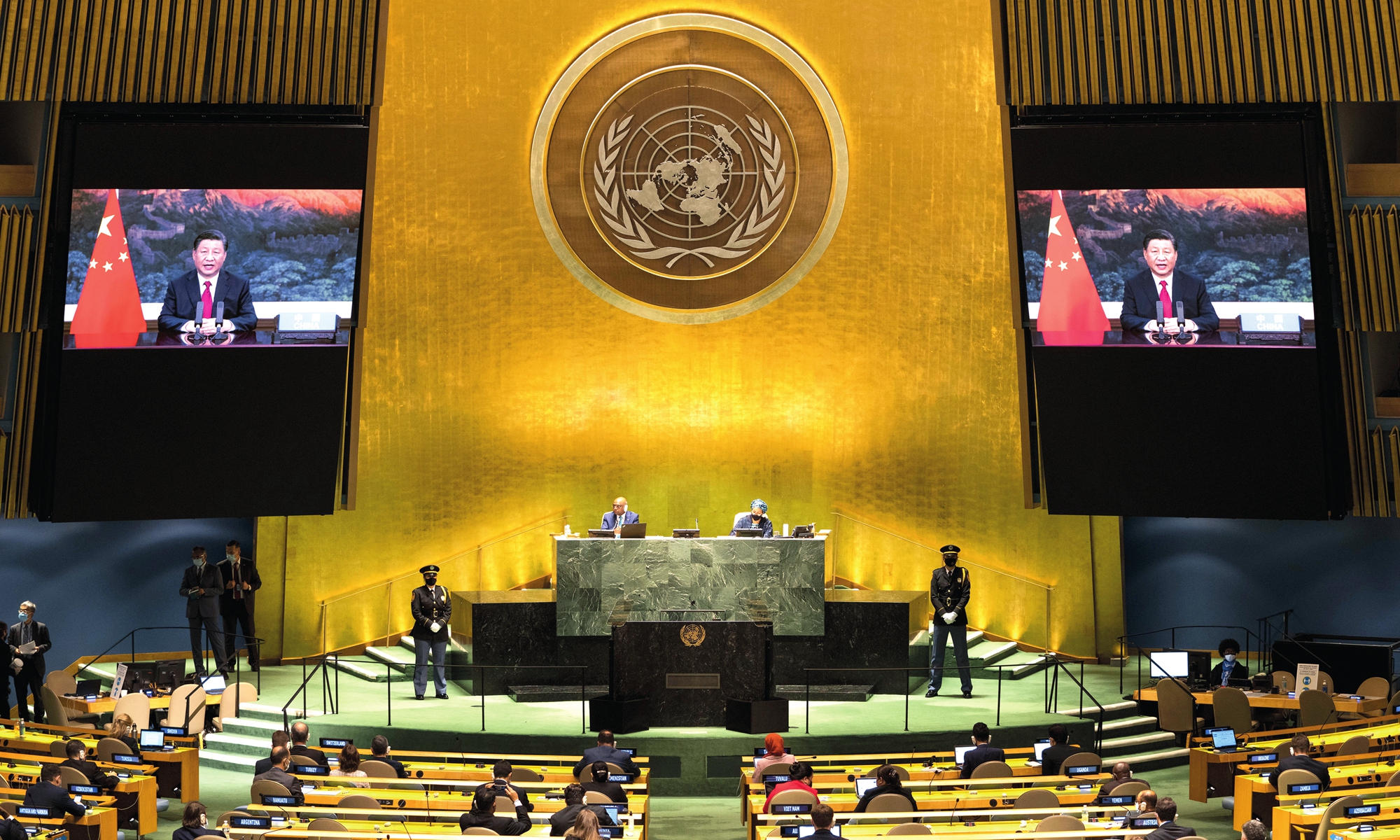



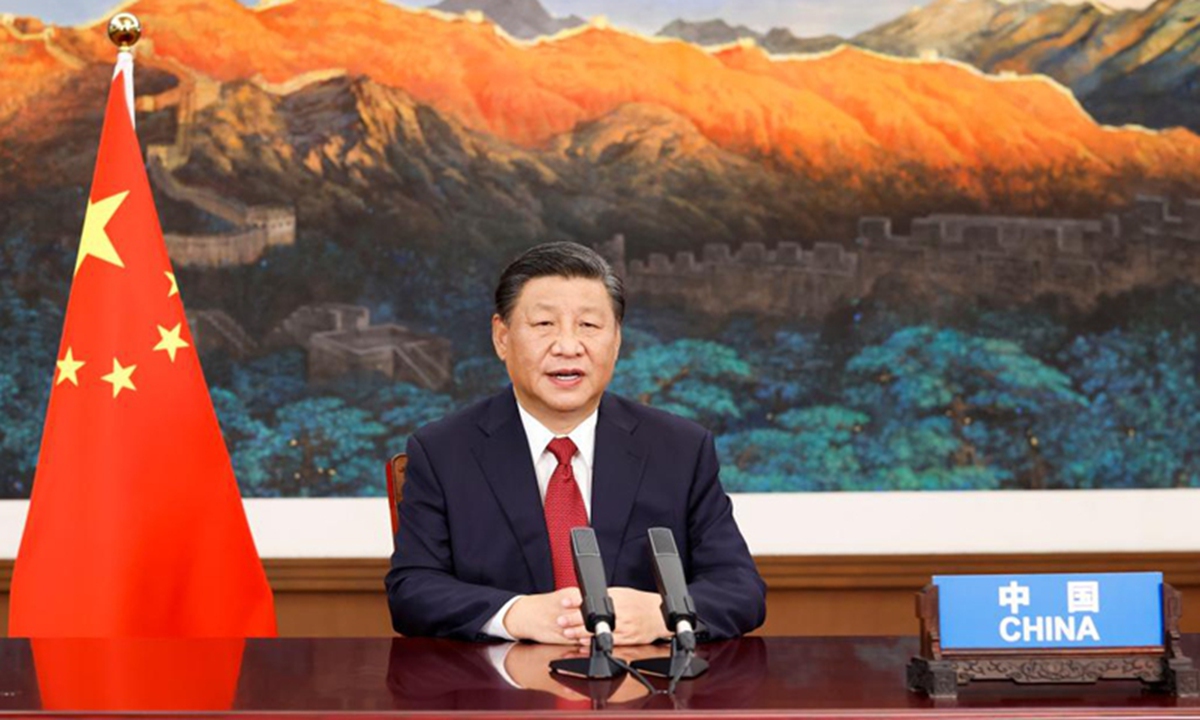
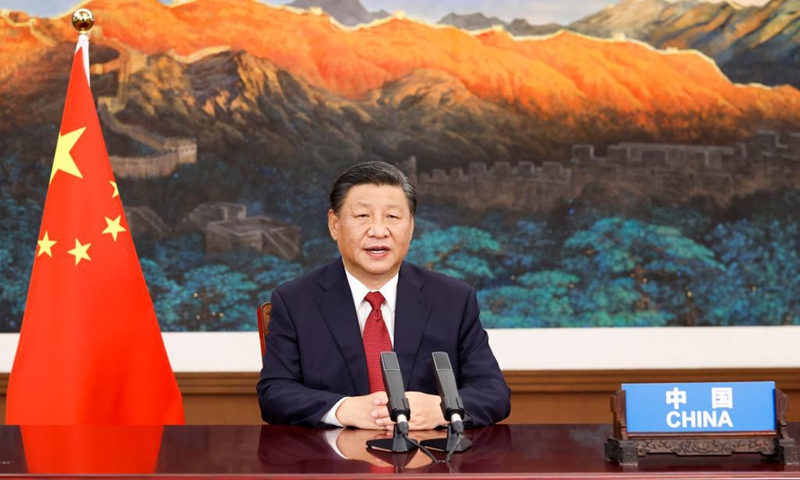
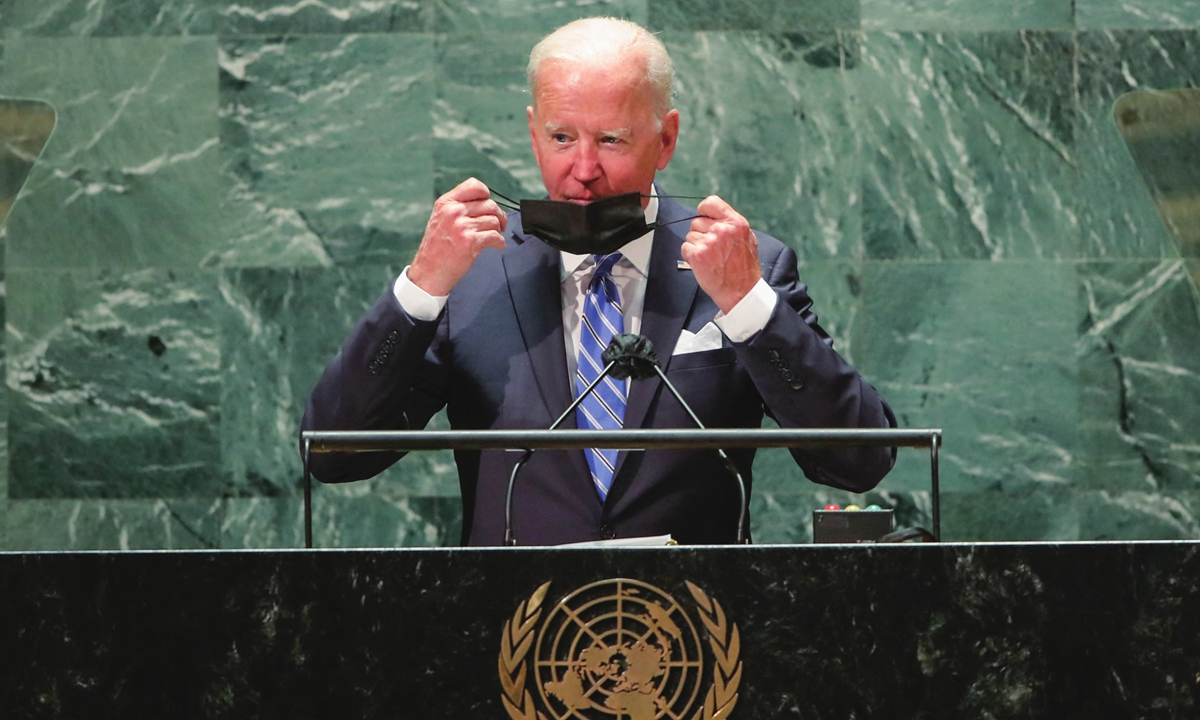
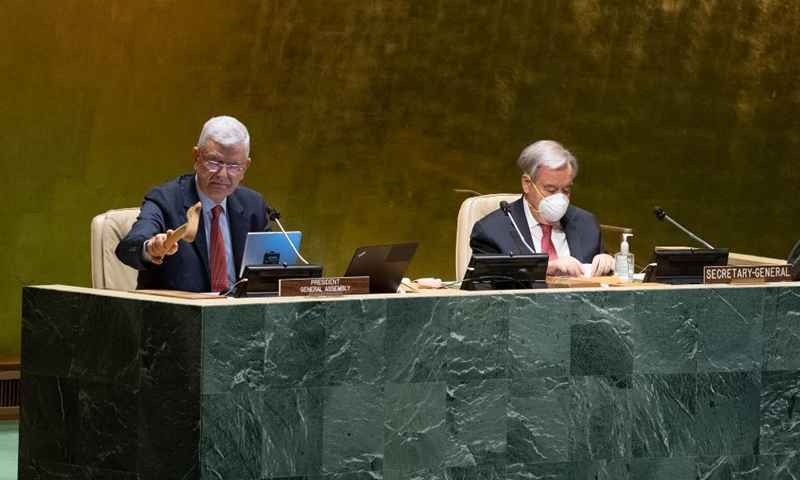



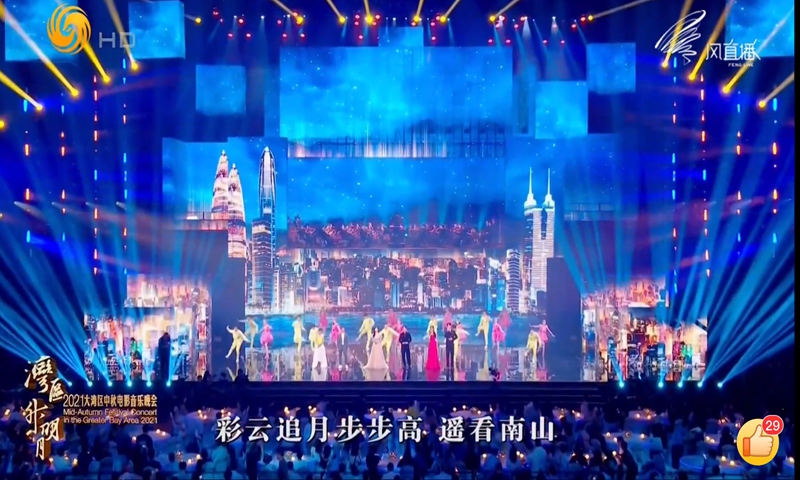
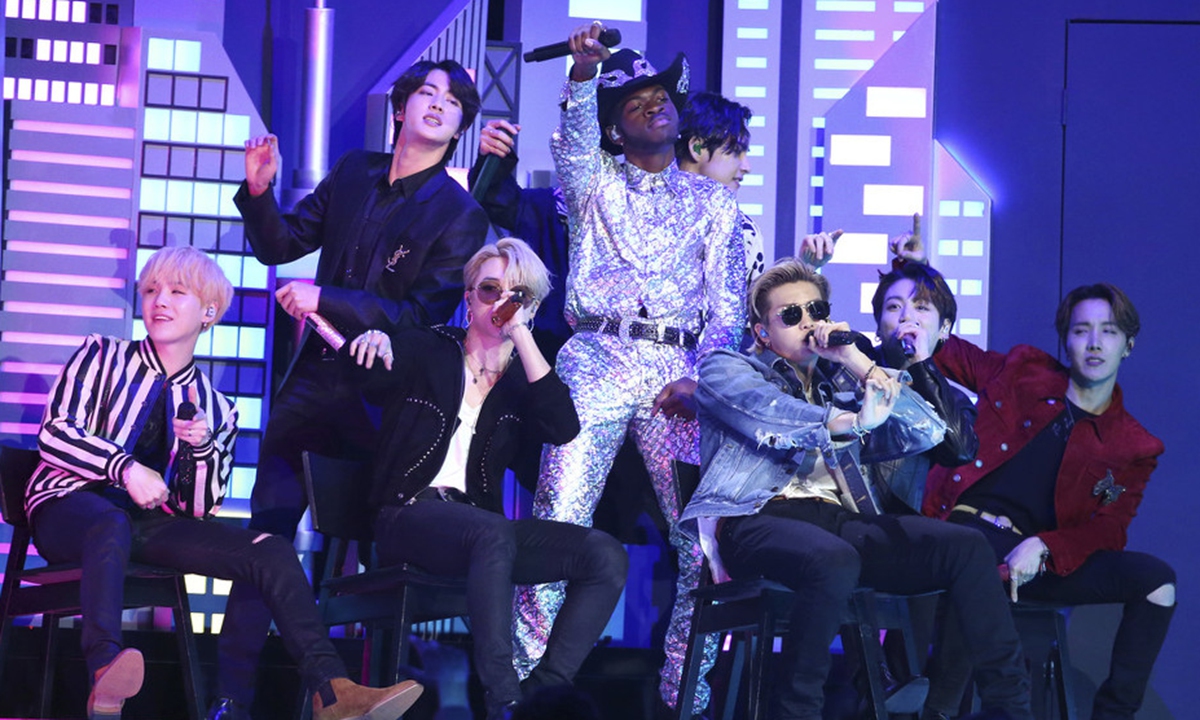

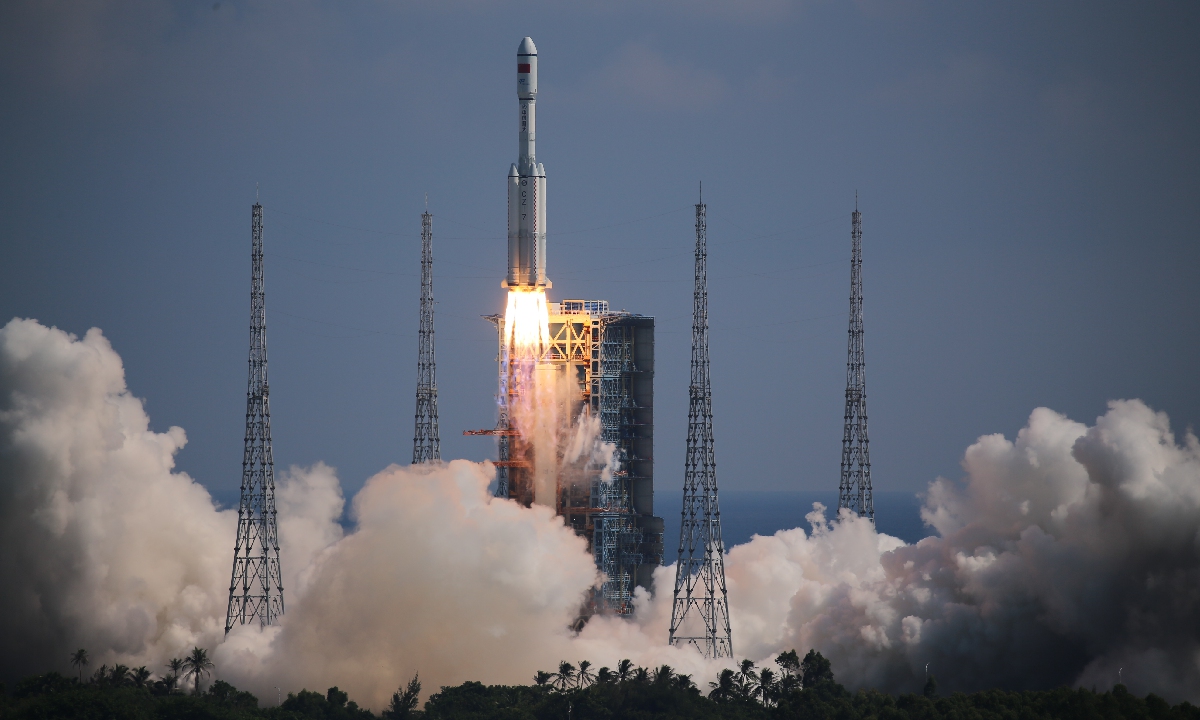
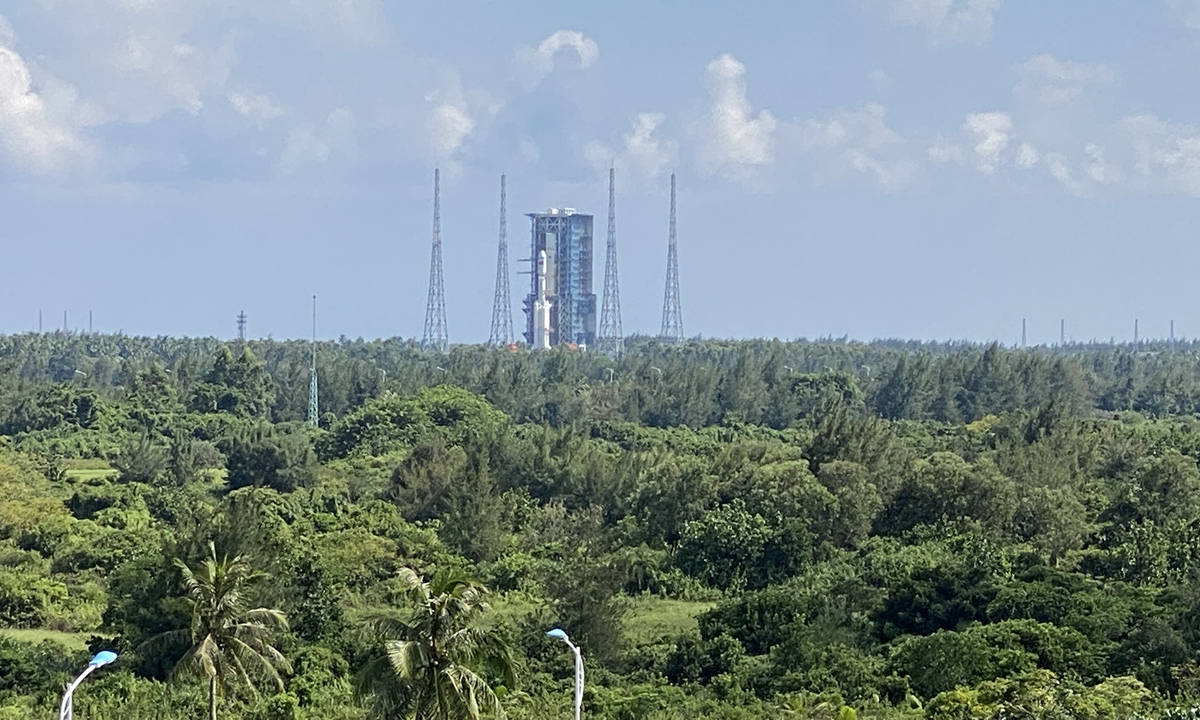
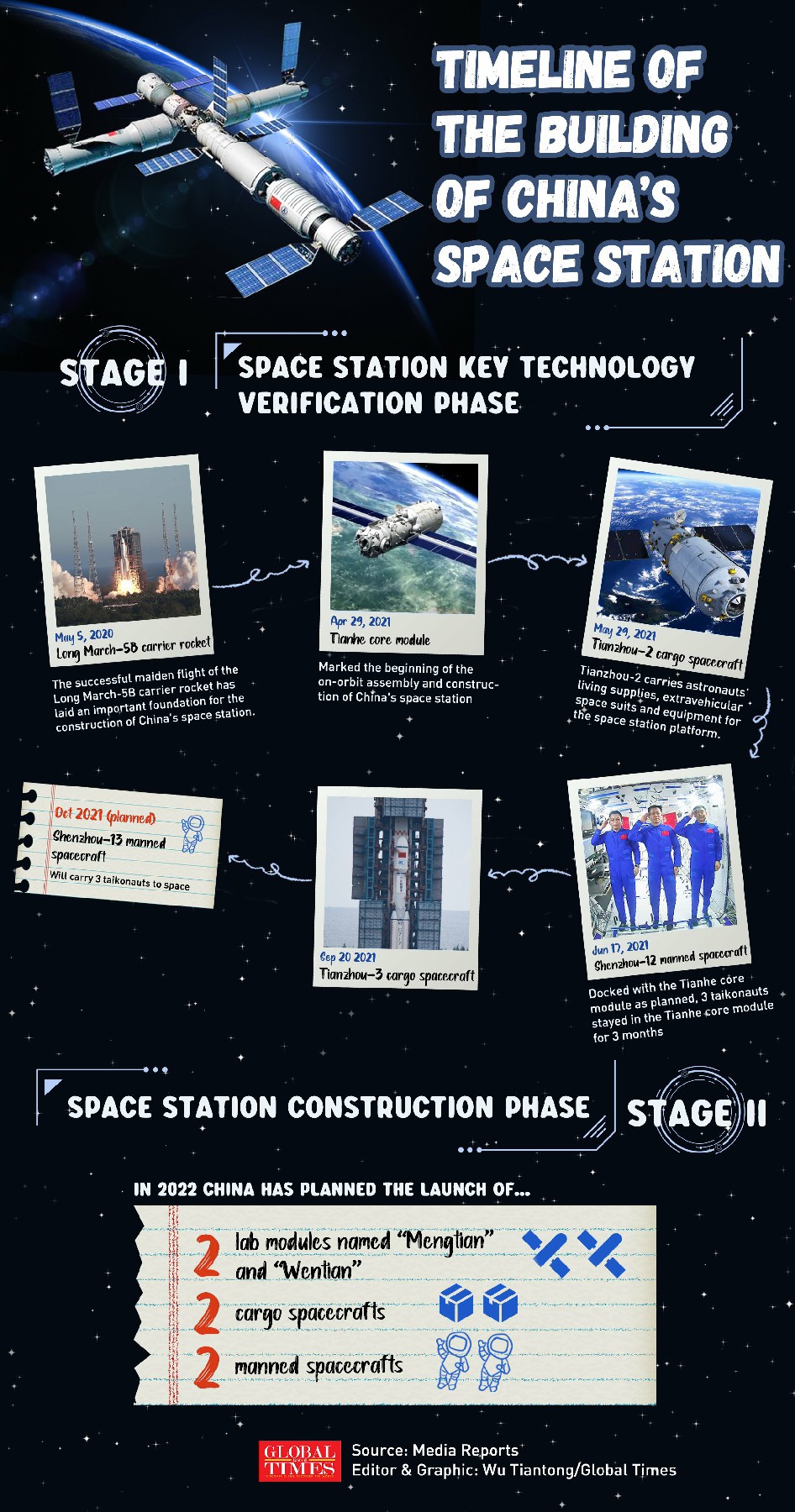
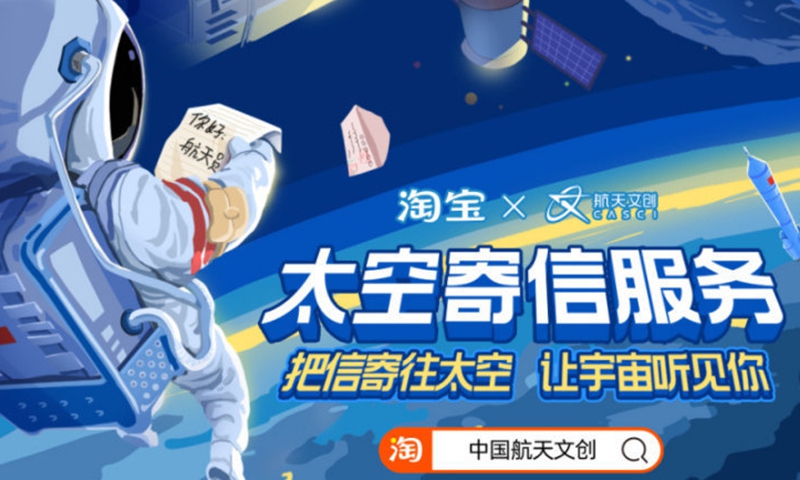
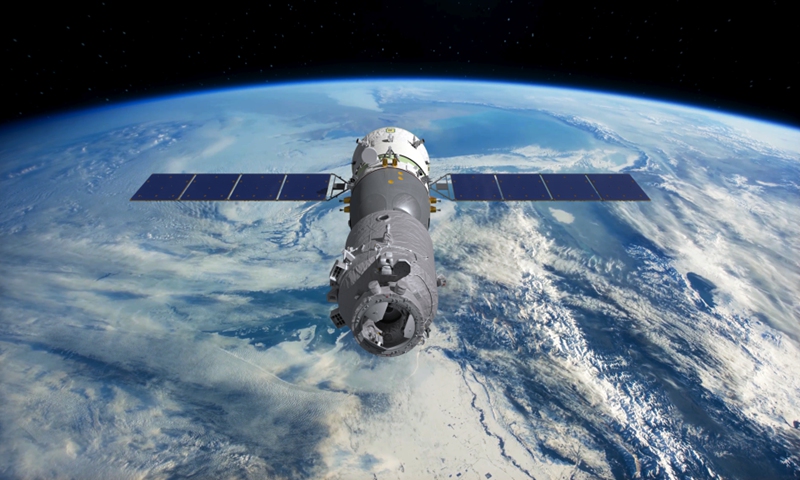
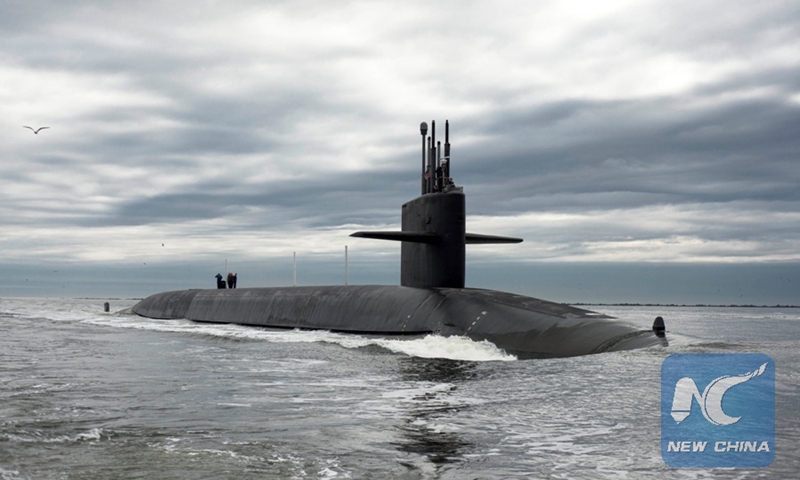
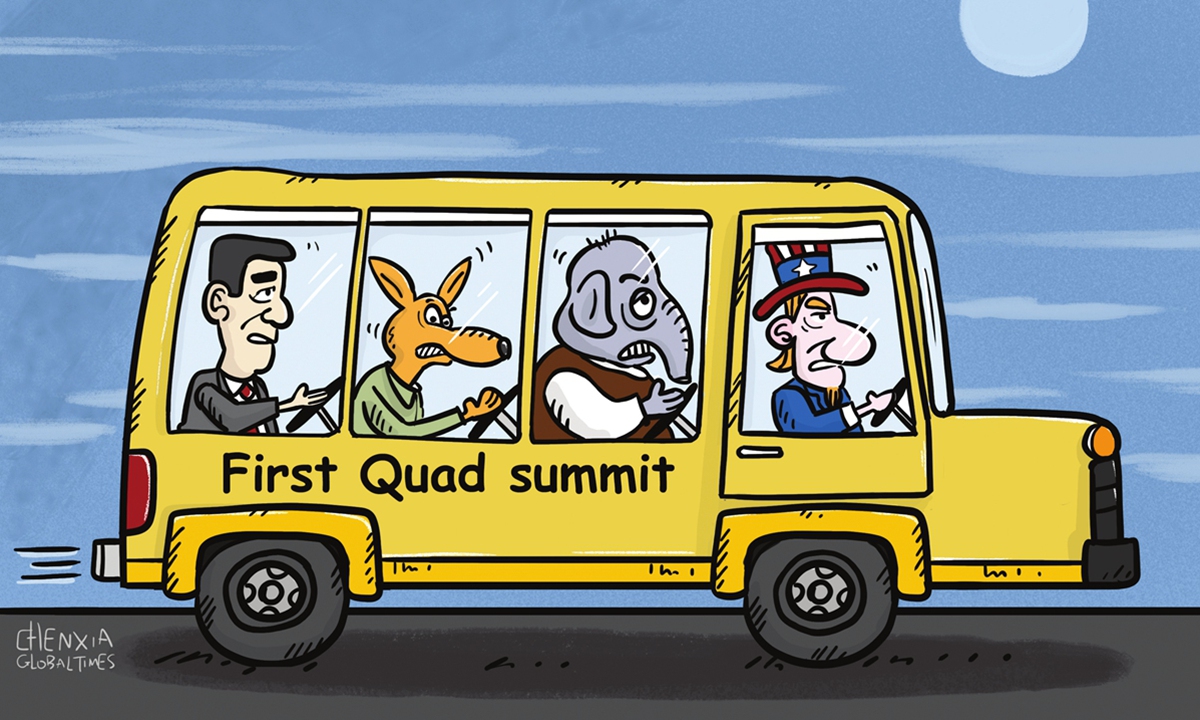
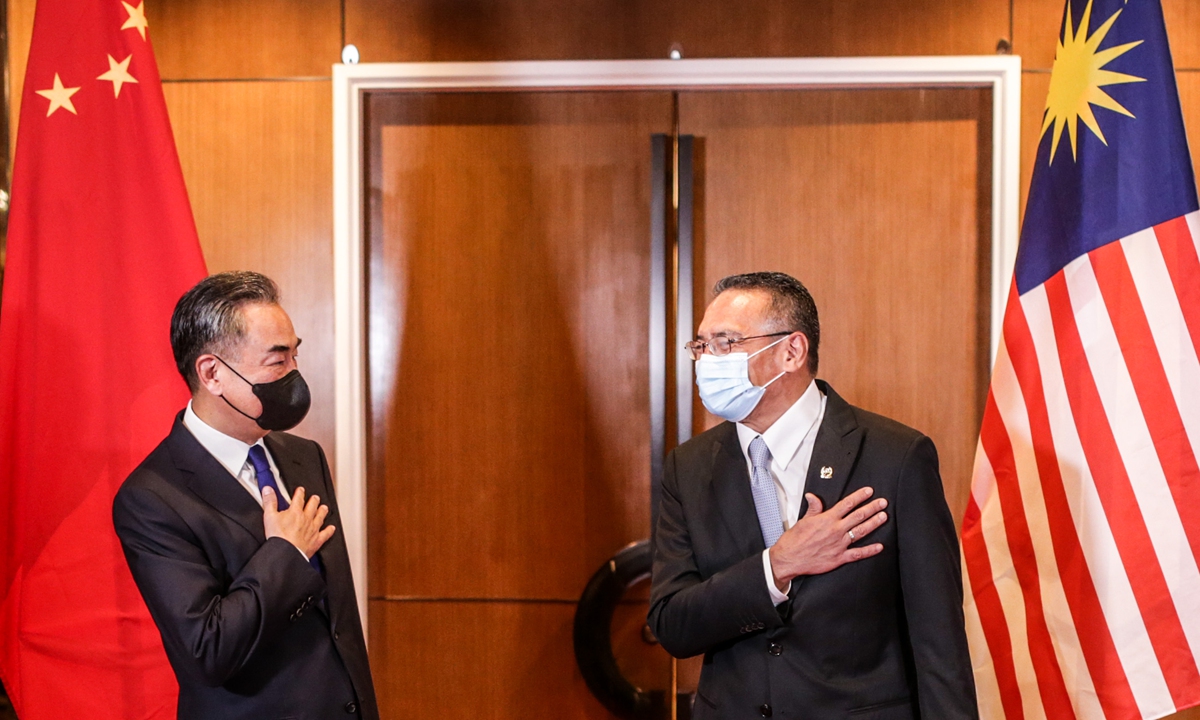
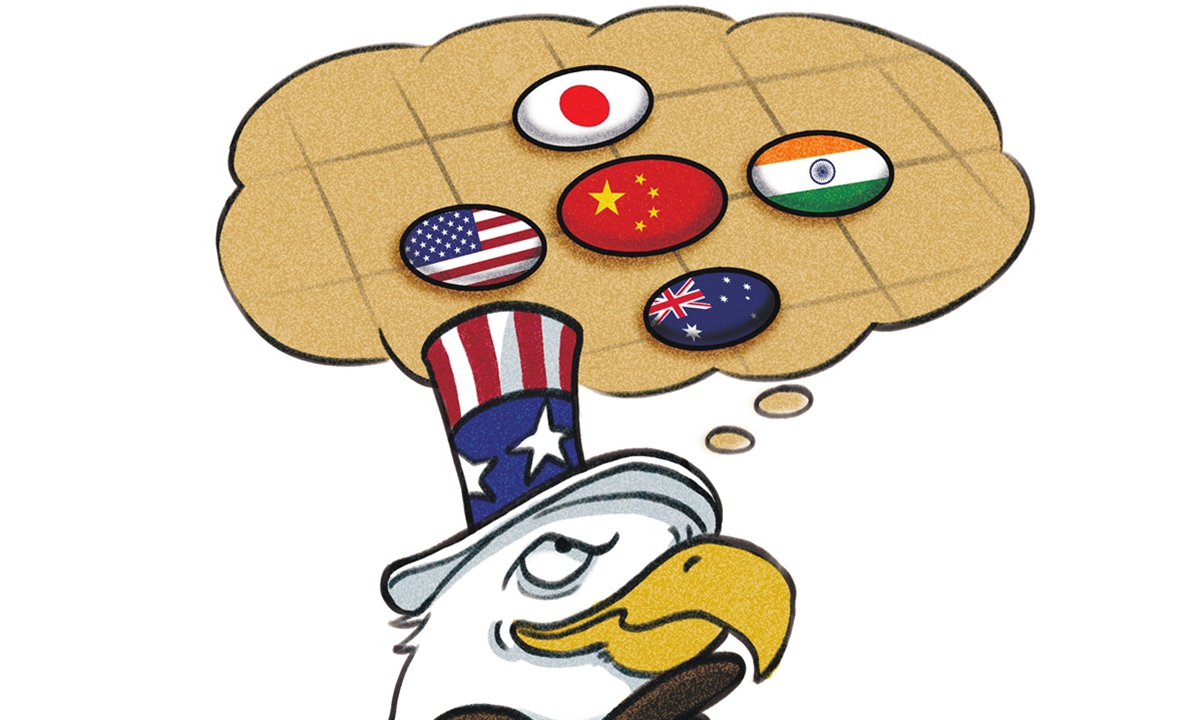
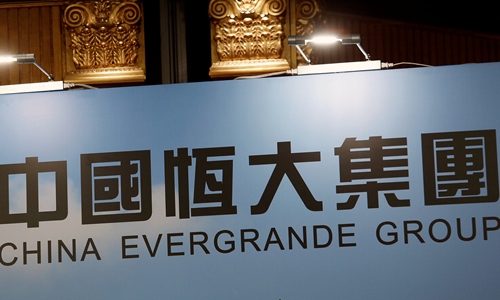

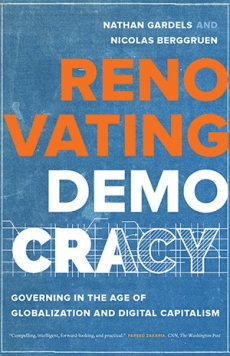
 Nicolas Berggruen and Nathan Gardels are the founders of the Berggruen Institute and the authors of Intelligent Governance for the 21st Century: A Middle Way between West and East (2012). Their latest work, Renovating Democracy: Governing in the Age of Globalization and Digital Capitalism (2019), is the first in a Berggruen Institute series on the “
Nicolas Berggruen and Nathan Gardels are the founders of the Berggruen Institute and the authors of Intelligent Governance for the 21st Century: A Middle Way between West and East (2012). Their latest work, Renovating Democracy: Governing in the Age of Globalization and Digital Capitalism (2019), is the first in a Berggruen Institute series on the “











